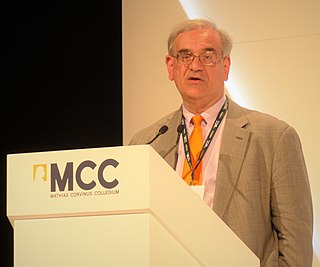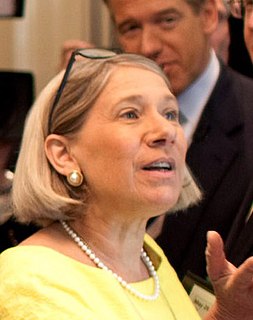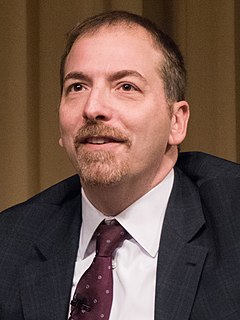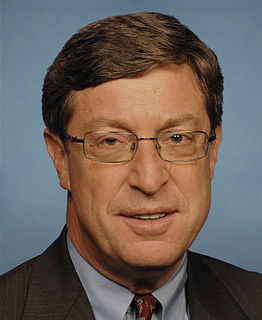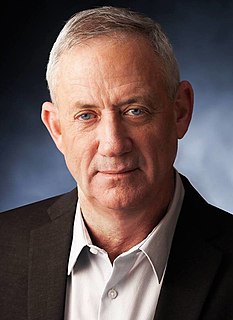A Quote by Mark Krikorian
The interesting point is that the polarization is not so much among the public, although there's some of that. The polarization on the immigration issue is really between the elites and the public. In other words, this is not so much a right-left issue, which it is partly.
Related Quotes
And they are much more skeptical of the very idea of having immigration limits, whereas the public - again, independents and Democrats, as well as Republicans, although not necessarily all in the same proportions - have a much stronger sense of the American government and American law having responsibility to Americans specifically rather than to people around the world. So the polarization is up versus down, not really right versus left.
It's not uncommon for revolutions to stem from a radicalized group just outside the circle of power. That's what the French Revolution was all about; that's what the American Revolution was. The question is: Will all those groups, because of the nature of partisan polarization and ideological polarization, just fight each other? Or is there capacity to organize?
Immigration is by far the most controversial yet least understood issue in America. Frankly, given the way we're talking about immigration, given the emphasis, the overemphasis on border security, I would argue that we're not on the same page when we debate this issue. We're doing far too much debating and not enough conversing.
Our characterization of collective folly is that sound judgment is not feasible when there is forced or false agreement in groups. We also show how group polarization sets the stage for risky and even dangerous decisions to be made. How we navigate between false agreement and polarization is the kind of mastery that collective wisdom represents.
In other words, the market is not a weighing machine, on which the value of each issue is recorded by an exact and impersonal mechanism, in accordance with its specific qualities. Rather should we say that the market is a voting machine, whereon countless individuals register choices which are the product partly of reason and partly of emotion.
Take a look at the current debates in Washington, and of course, everything in the media. Only one issue is discussed: the deficit - the least significant issue, but the most significant issue for the banks. The big problem, joblessness, is barely discussed, even though that's what the public wants, as polls clearly show. That's even what the business press supports, but the financial institutions are so powerful that the only issue is the deficit, and this runs right through the intellectual culture.
